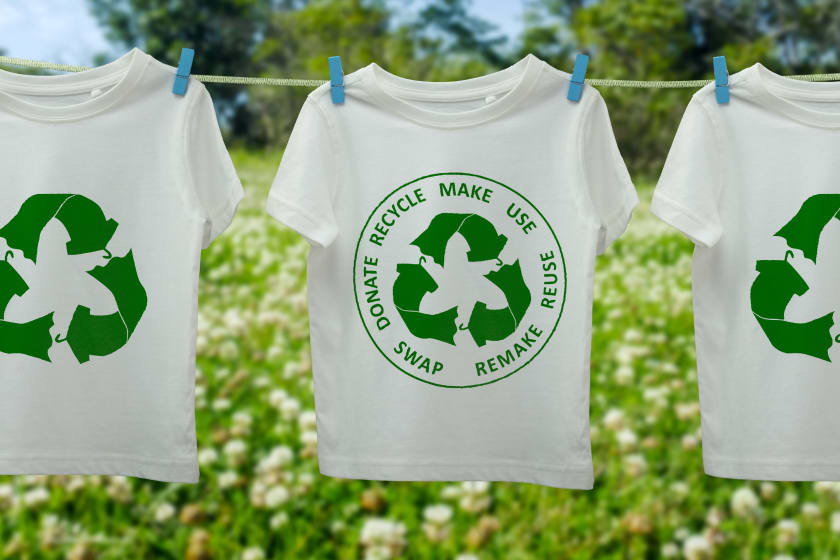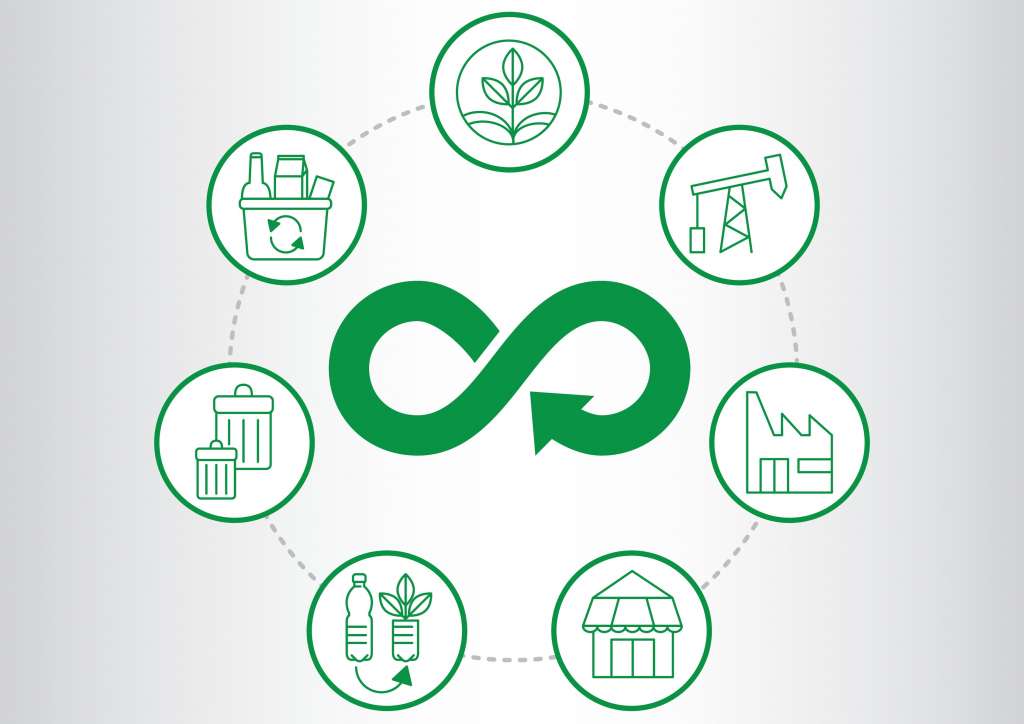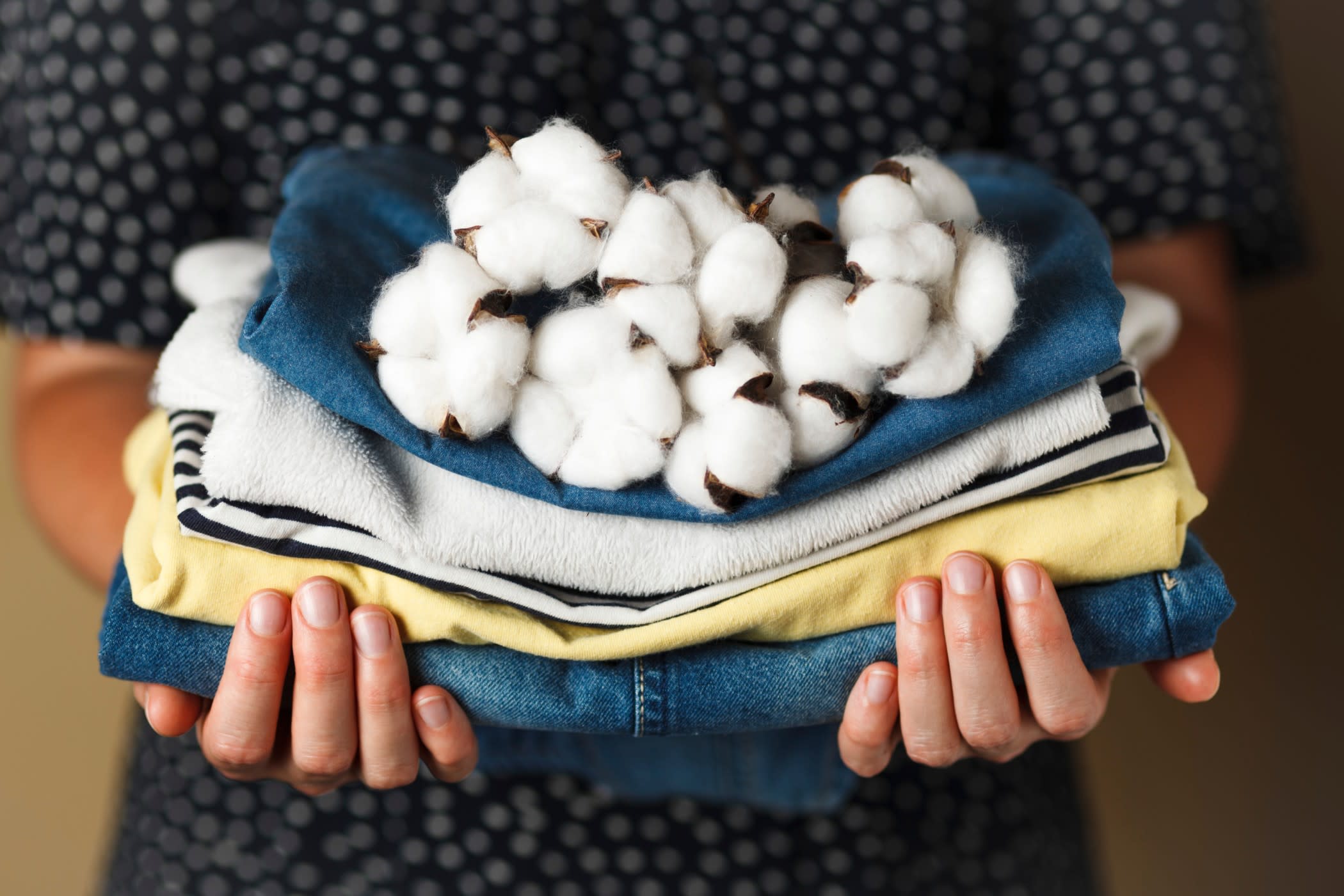Creating Sustainable Products For Eco-conscious Customers



Summary: The tribe of eco-conscious customers is growing. In the USA, sustainable product sales have increased 2.7 times faster than normal products. The numbers speak for themselves and fashion brands should not ignore them. Here’s a guide to incorporating sustainable practices into your business.
Over the past few years, customers have increased their spending on sustainable products. It is estimated that Green Technology and Sustainability Market Size will grow up to USD 44.4 Billion by 2028. Brands can no longer ignore this market size.
Gen Z, millennials and baby boomers are spending a lot more on sustainable products than ever before. By 2031, Gen Z will surpass millennials in their overall spending. They are at the forefront of purchasing sustainable products from brands that are aligned with their ideals.
A few stalwarts of the fashion industry like Patagonia, Eileen Fisher, and Seventh Generation are already at the helm of sustainable practices. Whether you’re a small or a big brand, it is imperative to incorporate sustainability into your business.
Here are a few ideas that can help you to introduce sustainable practices.
1. Use Sustainable Materials
Cover your basics. The primary element of any fashion product is its raw materials. Brands can look at introducing products with organic, recyclable and renewable raw materials.
Renewable materials
- Bamboo: Bamboo is renewable(grows fast), organic(requires no pesticides) and bio-degradable. Bamboo is used in clothing, paper, toothbrushes, furniture etc. Bamboo raw material for clothing Tencel or Lyocell is made without producing chemical waste. Viscose generates a lot of waste and uses a lot of chemicals in comparison.
- Wood: When farmed responsibly, wood (cellulose fibers) becomes a brilliant sustainable resource that is also renewable. However, it is important to source wood from certified manufacturers who grow timber responsibly. Spinnova is one such wood-based fiber that is made from farmed wood.
- Hemp: Sustainable products made from hemp are dominating the popularity charts. Hemp produces far more pulp than timber, it is organic and requires less space to grow. Once considered a weed, it is fast becoming a material of choice for designers and manufacturers.
Recyclable materials

- Recycled plastic: Recycled plastic is a popular raw material that is extensively used to make shoes, bags, furniture, clothing and a lot more. Plastic that is not used anymore goes to landfills. Brands can help reduce the landfill issue by reusing plastic in their products.
- Recycled cotton: Just like plastic, cotton can also be recycled. Cotton is a water-intensive crop and requires pesticides for its growth and cultivation. Clothes with cotton as their primary fabric be it used or waste from factories can be recycled to make new products. It not only reduces clothes from reaching landfill but also helps to cut down on virgin cotton usage.
2. Sustainable Partners
Fashion is the 2nd most polluting industry in the world. Its carbon emissions account for about 10% of the world’s total emissions. The odds are stacked against fashion brands. In such a scenario, they can look at reducing their energy consumption by partnering sensibly.
- Energy efficiency: Manufacturing hubs have been following inefficient production techniques for long. But with government subsidies and enforcement of environmental laws, many are choosing to move over to better production methods. Using AI and sensor fusion technology some of them are working towards energy efficiency. Fashinza will be able to connect you with a curated list of partners from this category.
- Recycling water: 0.5 million tonnes (post-washing) of microfibres are released into the ocean every year. The figures are worse when it comes to water pollution during the manufacturing process. Initiatives like NRDC's Clean By Design, help major apparel retailers and brands clean up the factories including water in their supply chains.
3. Design for longevity
Brands and retailers can tackle the landfill problem through conscious design. By going back to the drawing board, designers can increase the lifespan of their products. Lifetime repairs and reselling of gently used garments are some of the ways brands can make sustainable products.
- Circular fashion: Eileen Fisher a celebrated fashion brand has an initiative Circular by design. Through this, the brand uses high-quality sustainable raw materials to make its products. High-quality materials increase the lifespan of the product and can also be recycled to create a different product.
- Repair and Reselling: Another way of increasing the longevity of the product is by offering free repair. Patagonia offers free lifetime repair for its products. Customers love this initiative and they don’t shy away from proudly wearing repaired jackets. Gently used clothing can get a new lease of life if brands are open to selling it via their own channels. Eileen Fisher and a host of forward-thinking brands are already at the forefront of this initiative.

The journey towards being 100 percent sustainable is very long and tough. Brands should start by taking small steps. When a brand shows initiative, customers go the extra mile of purchasing from them.
Key Takeaways
- Designing for longevity helps in tackling key issues of sustainability
- Collaborate with manufacturing partners who are incorporating green practices in the production cycle
- Repairing, reselling and recycling will help in creating brand loyalty
While it is not easy to introduce sustainable products quickly, it's not impossible either. Fashinza helps you connect with the right partners through their network. From design to final product they take care of end-to-end work.
To know more, chat with Fashinza experts.



















